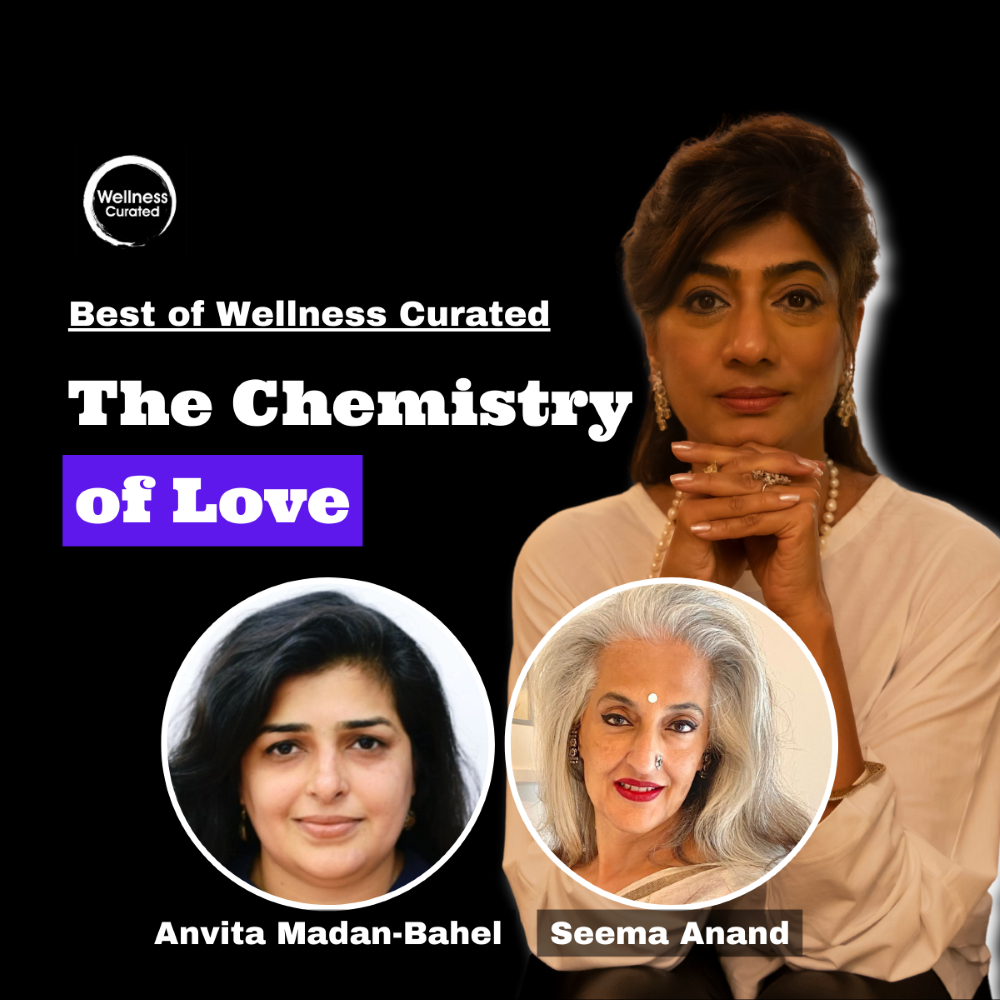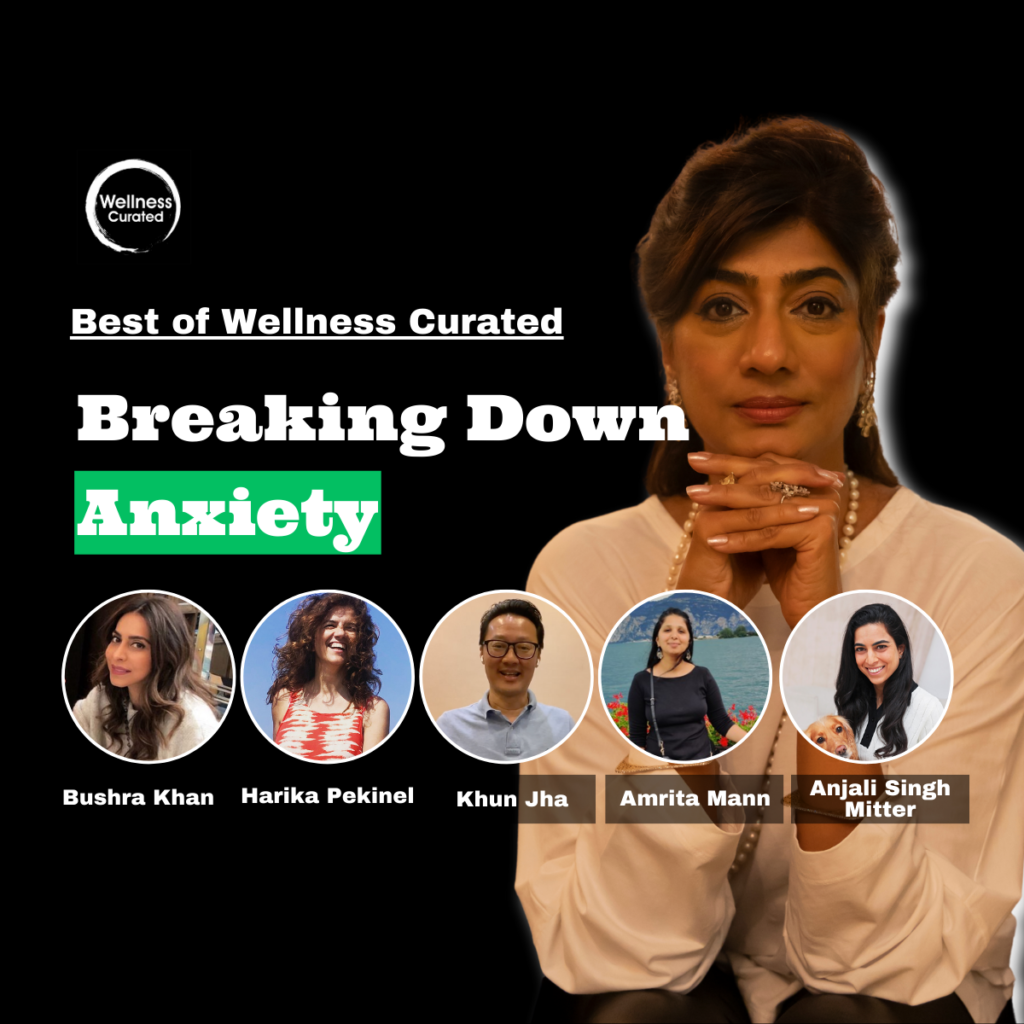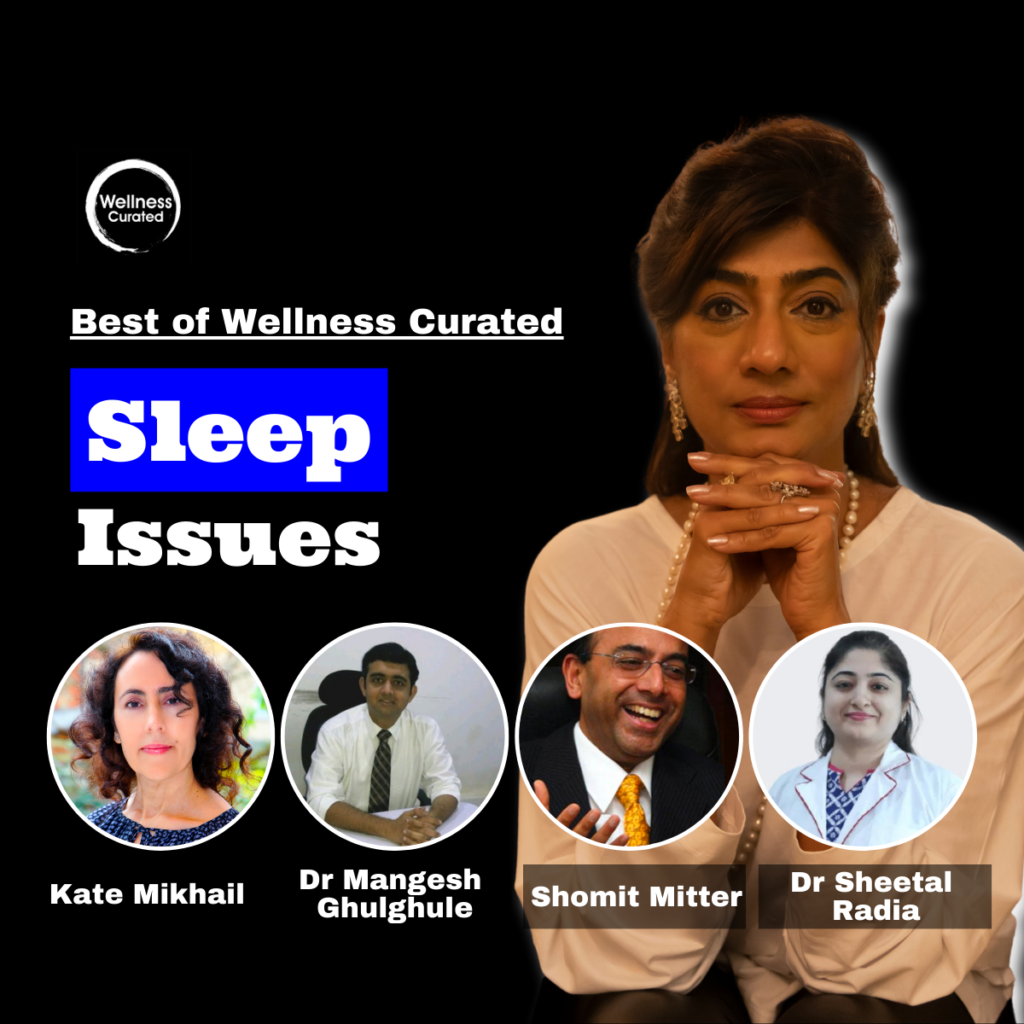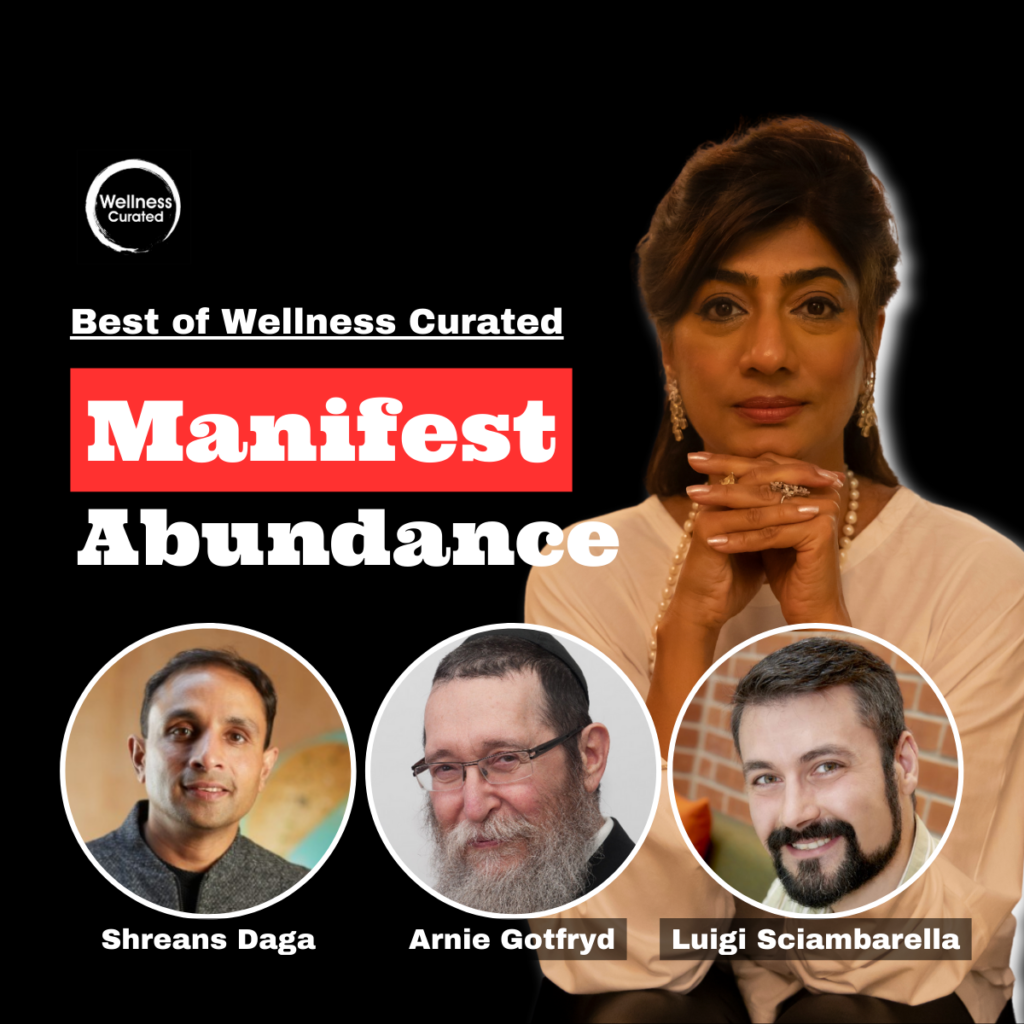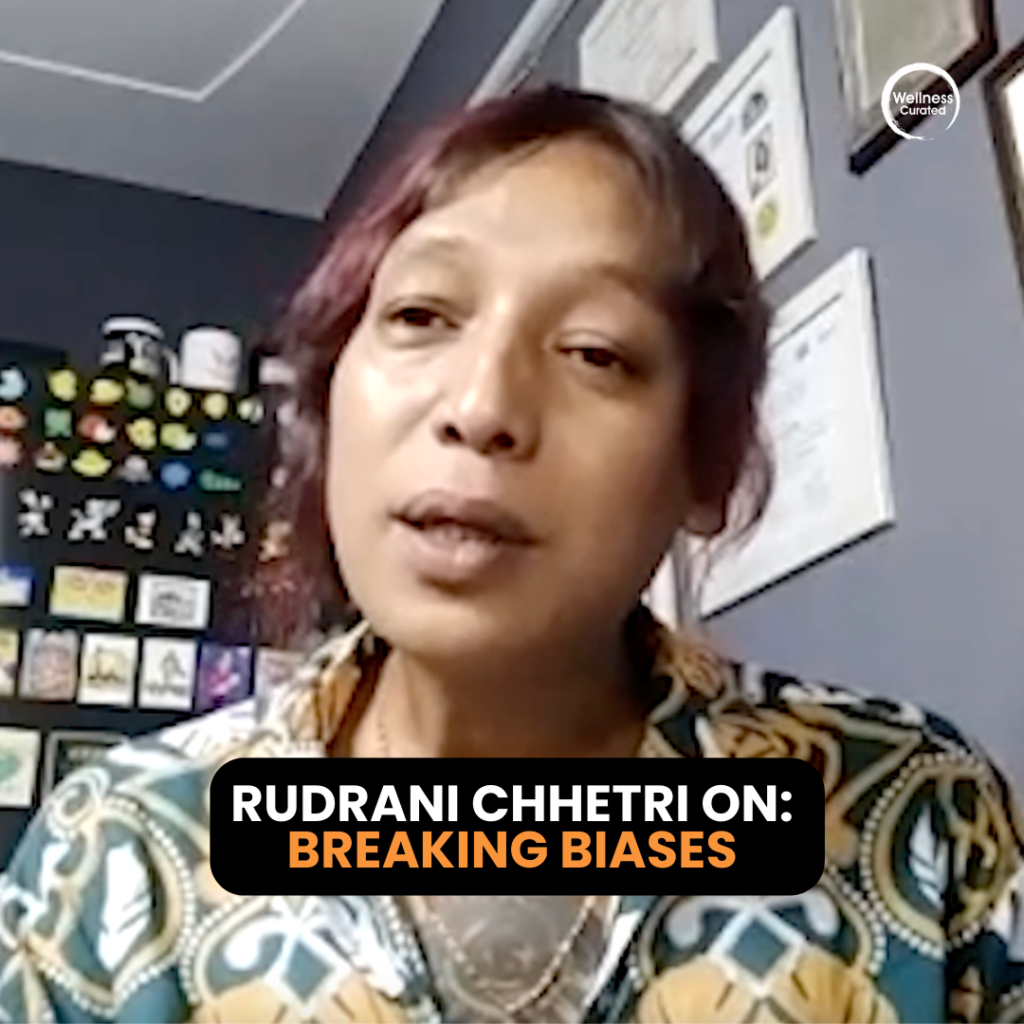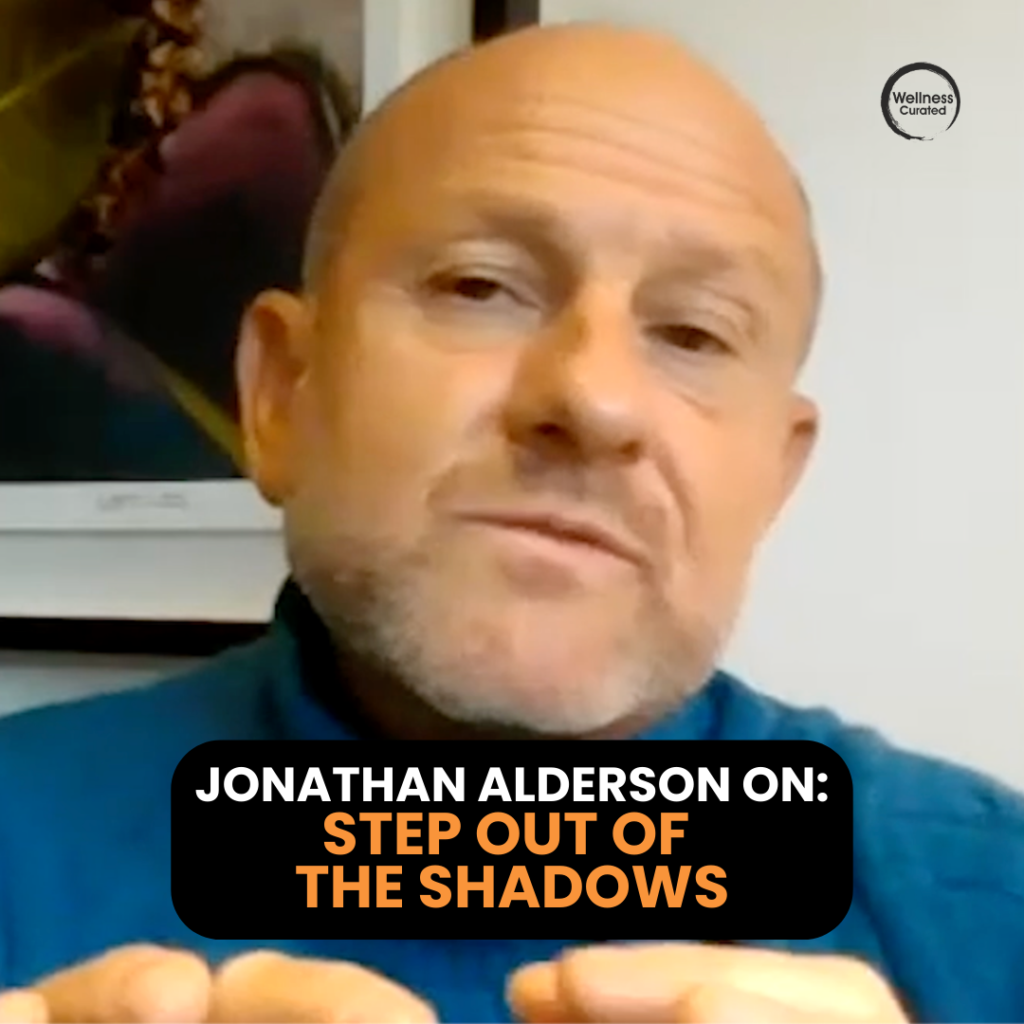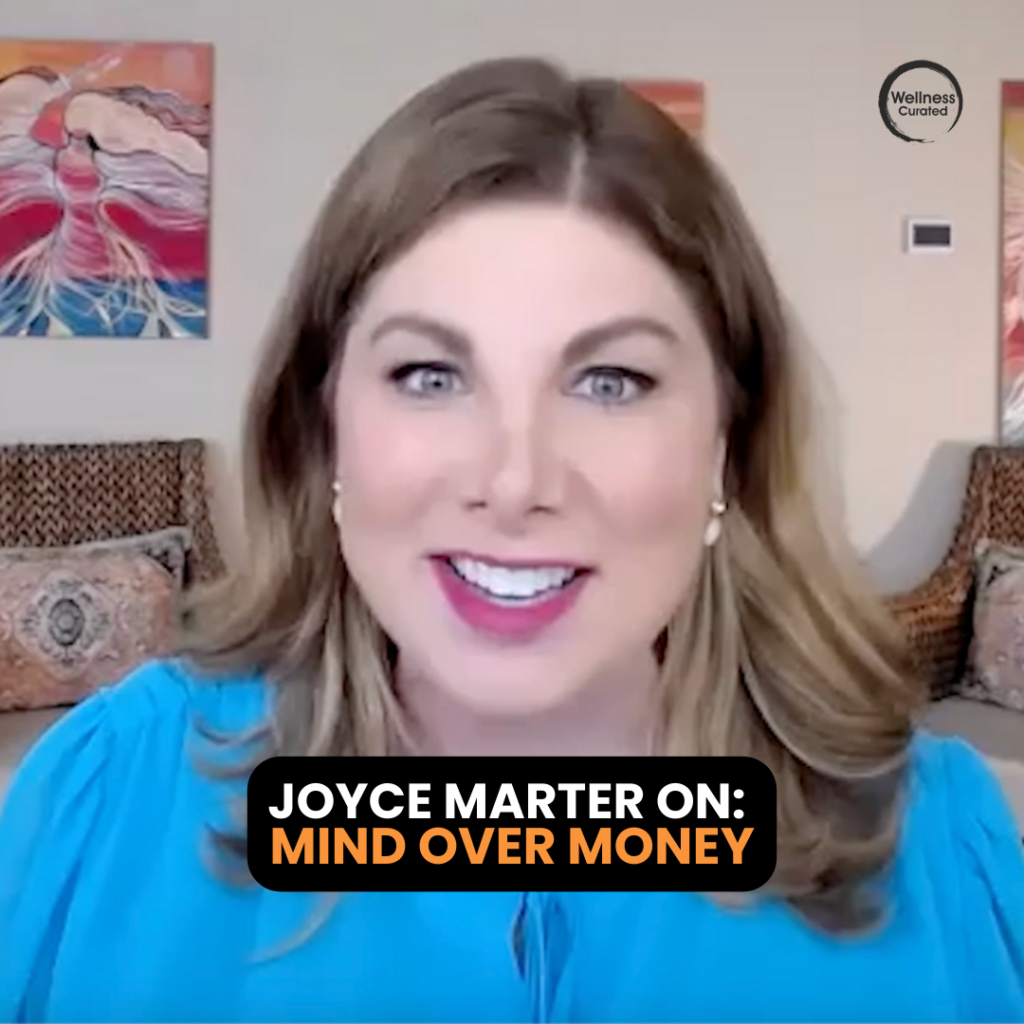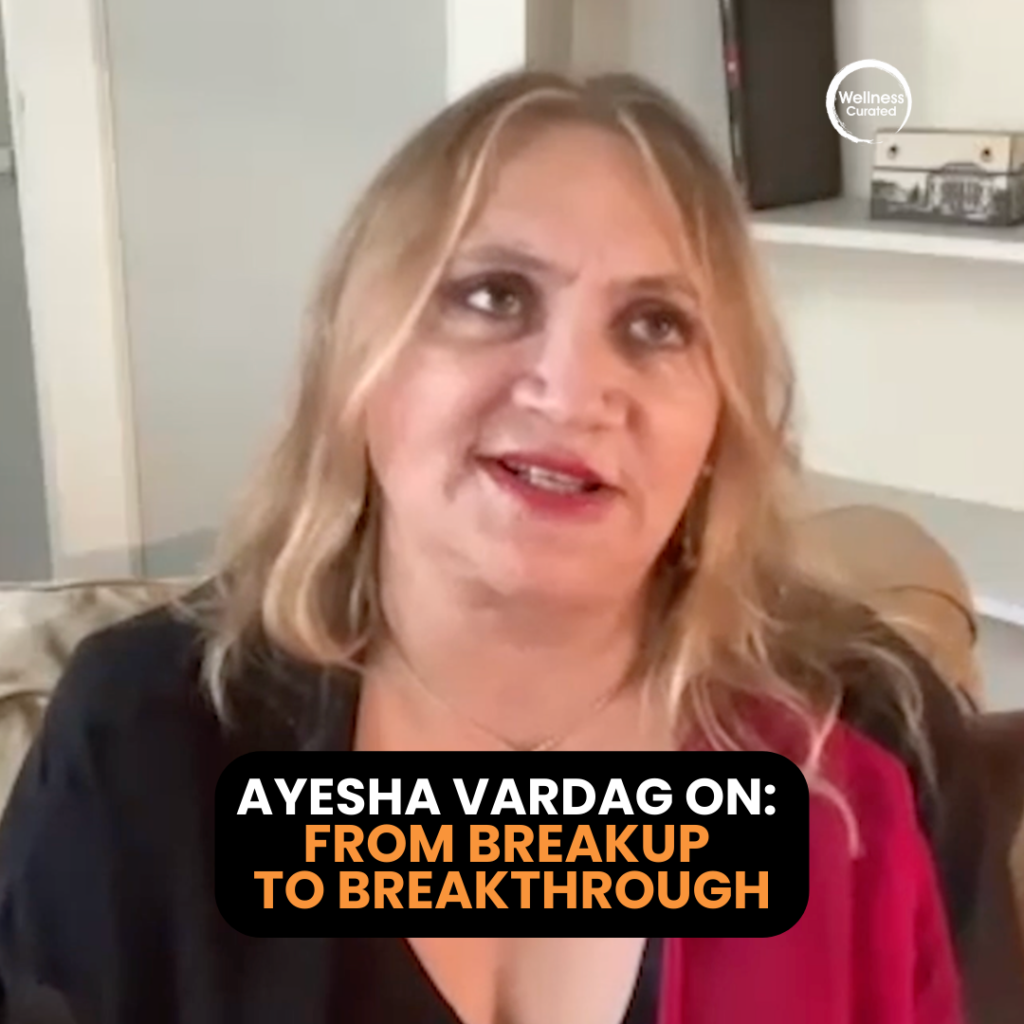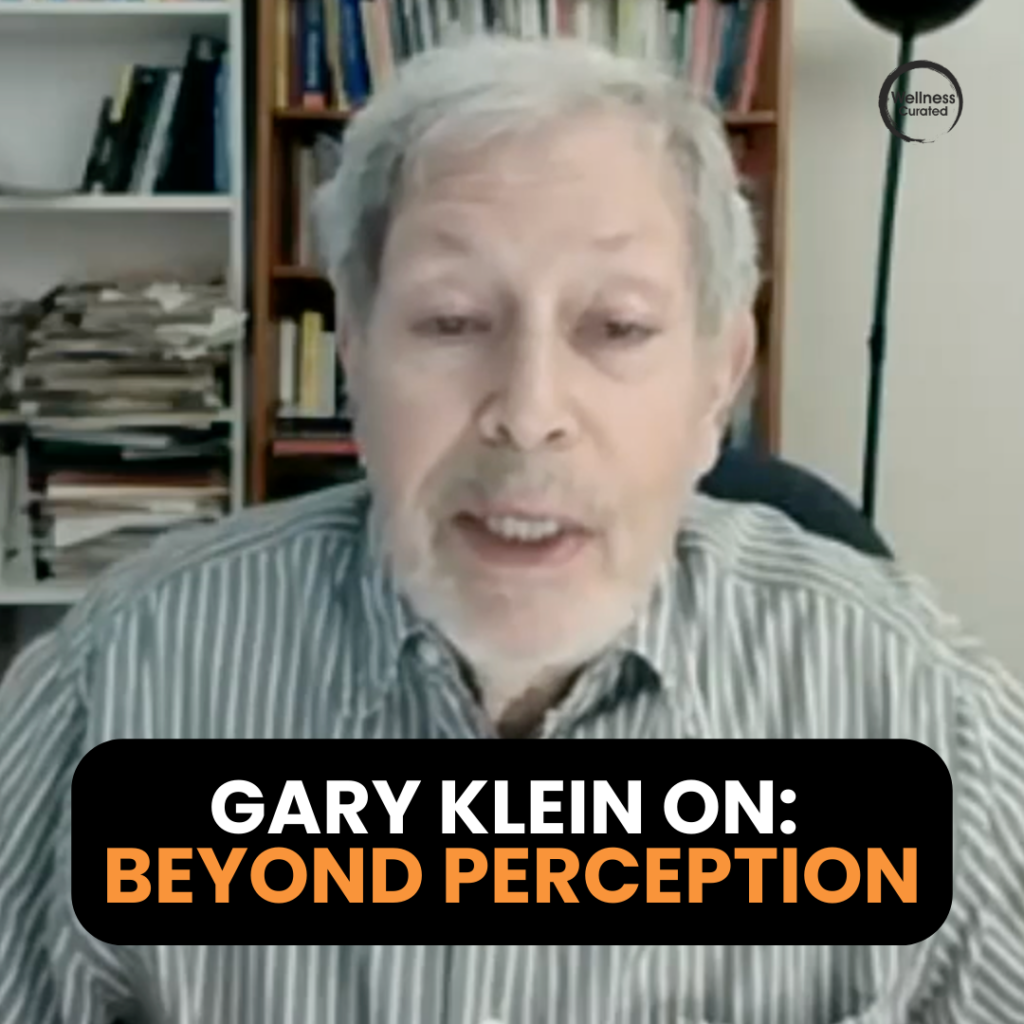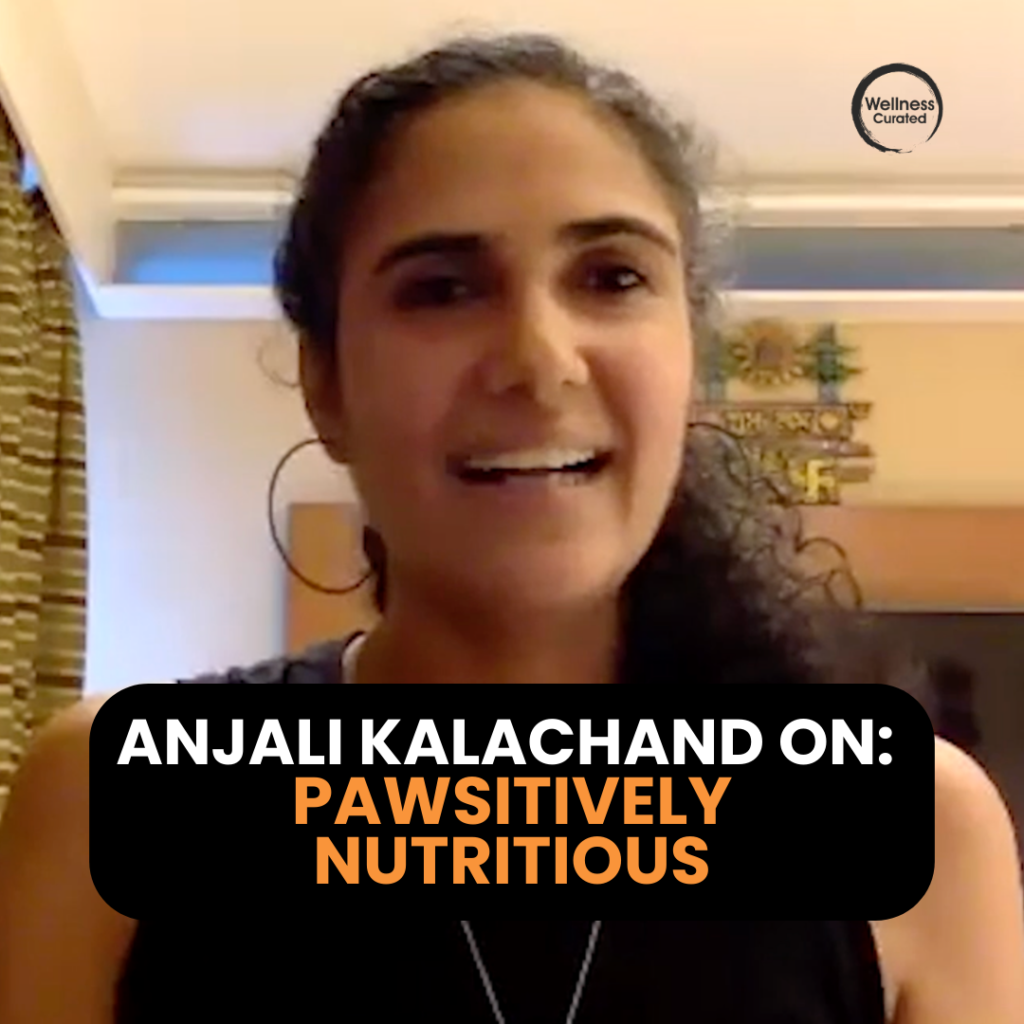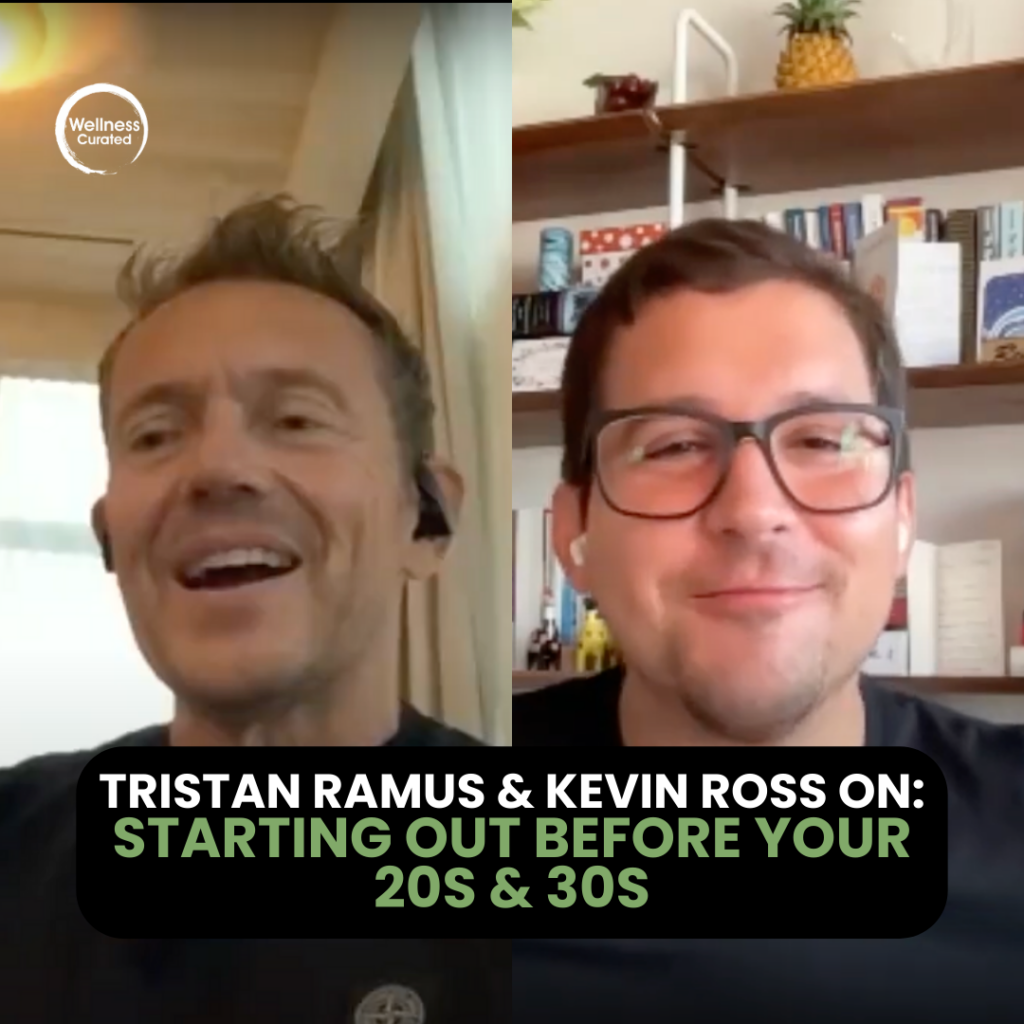
Understanding the Vedic Way of Life with Neema Majmudar | Wellness Curated
This inspiring episode of the Wellness Curated podcast is from the series ‘Healing Traditions Across Cultures.’ Host Anshu Bahanda chats with Vedic expert and author Neema Majmudar about the ancient yet timeless Vedic way of life. Majmudar brings her deep knowledge of Advaita Vedanta to the discussion, sharing how these ancient teachings can be applied today for a peaceful and meaningful life.
If you’re looking to bring more clarity and purpose into your life, tune in to find out how Vedic teachings could be the key to a more connected and fulfilling life. Learn how these teachings help us understand our true nature and connect with the universe, making them relevant not just for sages of the past but for anyone seeking peace today. Neema uses a simple story about sage Vyasa and a young disciple to explain these concepts in an easy-to-understand way. This episode also covers practical aspects of the Vedic lifestyle and diet. For instance, how it can help with everyday issues from work stress to personal relationships.








